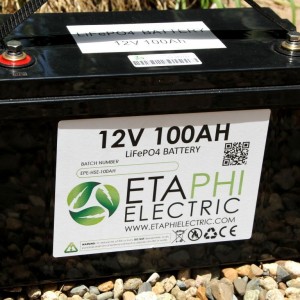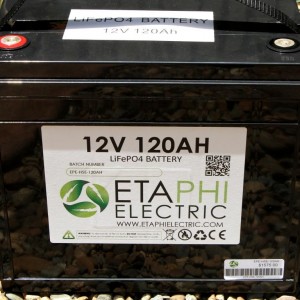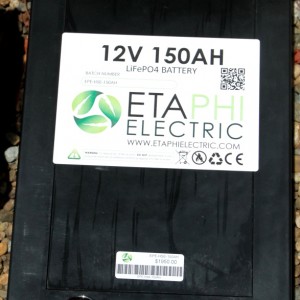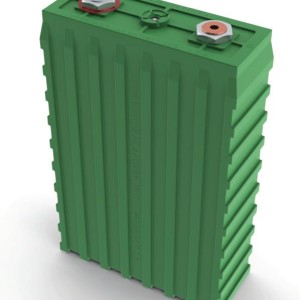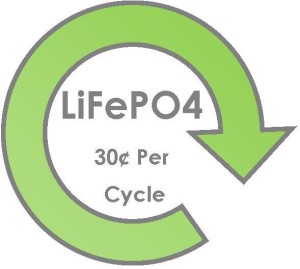
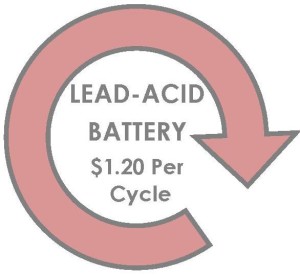
12V LiFePO4 Batteries
Every car has an on-board battery that stores the charge needed to start the engine and power the car’s electronic features, such as the power windows, headlights, fans, heaters and sound system. In many cars, this battery is a 12-volt lead-acid battery. However, some car manufacturers are starting to equip cars with lithium-ion batteries instead. Car owners can also replace their car’s lead-acid battery with a lithium battery.
Why Use Lithium Batteries in Cars?
Lithium Iron Phosphate (LiFePO4) batteries have many advantages compared to lead-acid batteries. They are much lighter, which is why they are almost always used as the main batteries in electric cars. The lower the overall weight of a car, the less energy is needed to make it move. LiFePO4 batteries also last longer than lead-acid batteries, – MUCH longer – upto 10x times longer. A lead Acid Battery has approx. 300 – 500 Cycle before it stops working effectively. A LiFePO4 battery has a whopping 2000 – 3000 + Cycles before it stops working effectively, which means they need replacing less often and therefore significant cost savings.
Drawbacks of Lithium Batteries in Cars
LiFePO4 batteries are not used universally in cars because they are more expensive upfront than lead-acid alternatives. The price of lithium batteries is falling, however, which has lead to more car manufacturers using this type of battery in their top line models.
Should Car Owners Install Lithium Batteries?
Car owners can replace their existing lead-acid batteries with LiFePO4 batteries to increase the fuel efficiency and performance of their vehicles. However, as this replacement only marginally decreases the total weight of the car, it could take several years to recoup the cost of the new battery through savings on fuel. The small decrease in weight is more likely to be important to owners of high-performance cars, whose aim is to refine every detail of their car in order to improve its speed and acceleration.
The real beneifits is the Durablility, safety and cost effectivness as LiFePO4 batteries can last over 10 x longer the AGM batteries*
Car owners whose battery has broken might want to replace it with a LiFePO4 battery for environmental reasons. Whereas lead is a highly toxic environmental pollutant, lithium batteries are safer and cleaner to produce. They also pose much less of an environmental hazard when they reach the end of their lifespan and require disposal.
How to Install a Lithium-Iron Phosphate Car Battery
Installing a LiFePO4 car battery is relatively straightforward. The first step is to disconnect the cables from the old battery and remove it. The car owner then needs to slide the new lithium-ion battery into place and reconnect the cables. It’s a good idea to make a note of which cable attaches to which terminal of the old battery, so that it is easy to match up each one with the correct terminal on the new battery.
Conclusion
Although lithium car batteries are more expensive than lead-acid batteries, they are more cost effective the AGM batteries, light weight, maintenance free and offer environmental benefits. They are also much lighter than the alternatives, which can improve the car’s acceleration and fuel efficiency.

Lithium Iron Phosphate LiFePO4 – Winch Power Packs
Lithium Iron Phosphate – LiFePO4 – 3.2V cell battery systems give excellent stability, high power output and longer battery life. The latest in Lithium technology gives you stability, and durability and are more cost effective then AGM batteries – all at half the weight.
Contact us today to get a quote on creating a custom winch system to suit your requirements. We can design 6V, 12V, 24V, 36V, 48V or higher LiFePO4 packs with a range of different BMS options.

